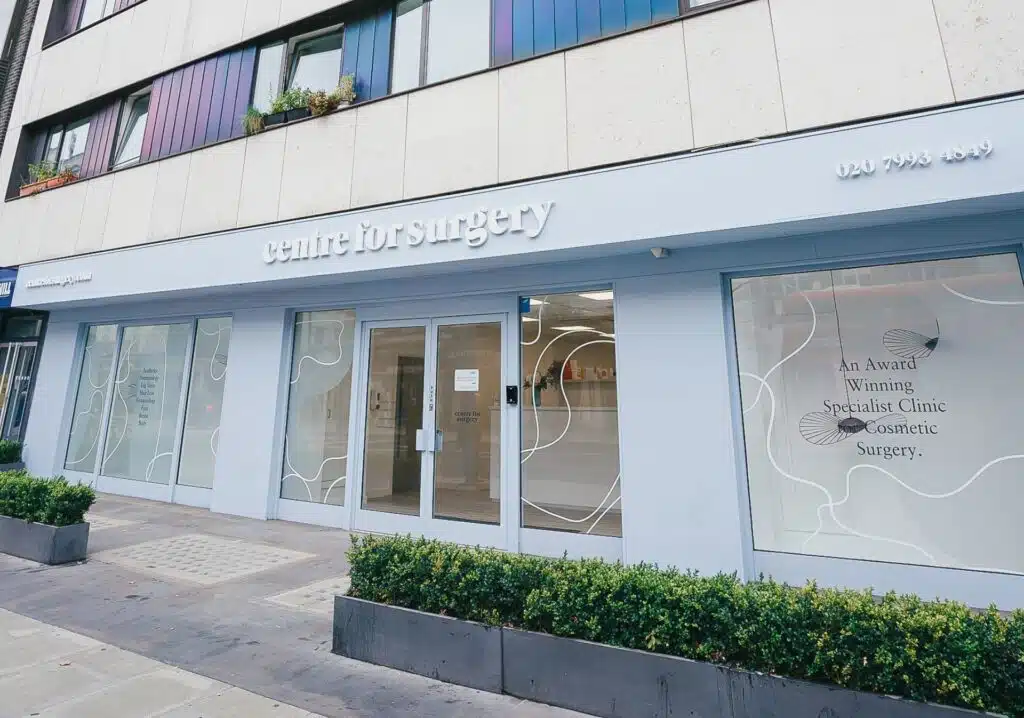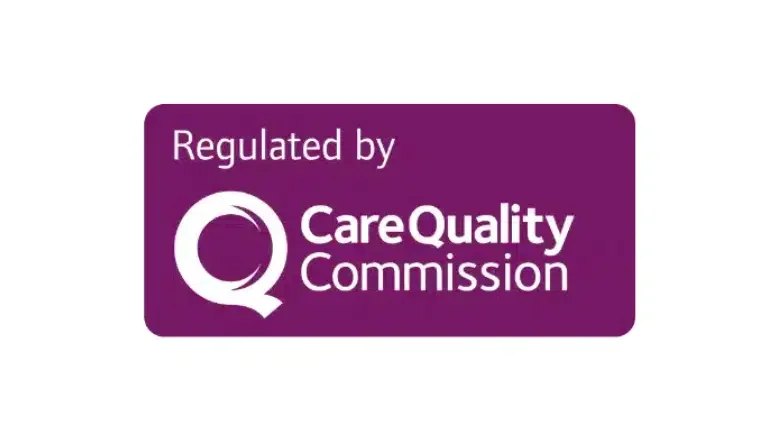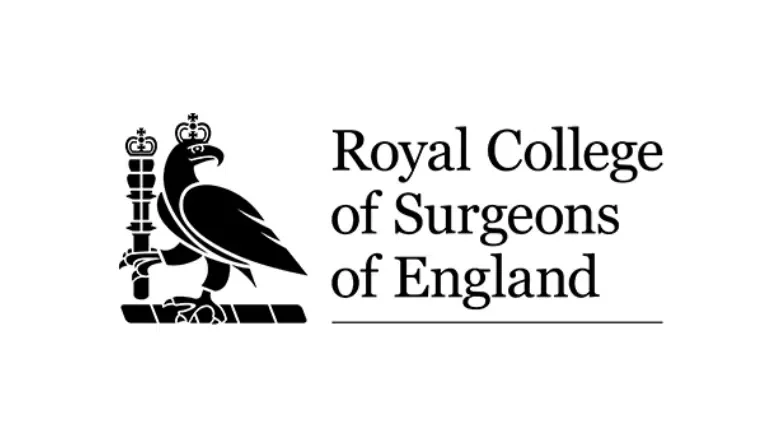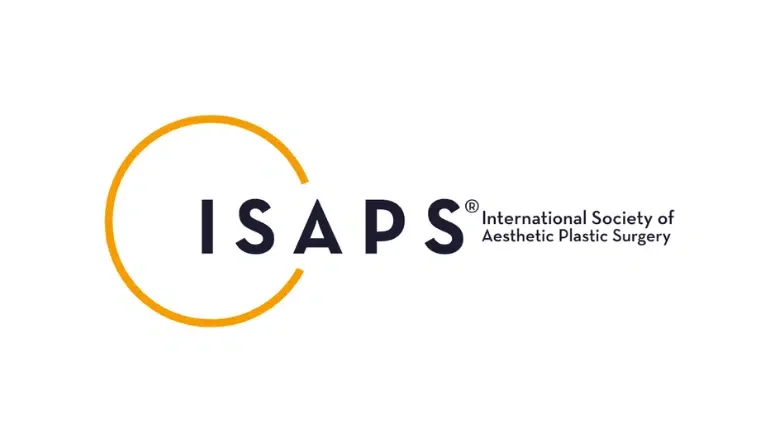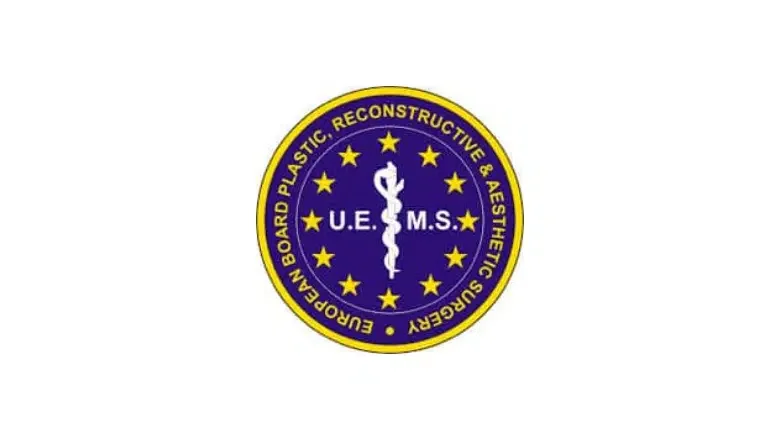Many people may find it difficult to get rid of stubborn fat in certain body parts despite eating a good diet and exercising regularly. Liposuction is ideal for the removal of localised areas of fat that have proven stubborn to remove with healthy lifestyle measures alone.
Liposuction is a safe and effective procedure and is one of the most commonly performed cosmetic surgery treatments at Centre for Surgery. Despite its apparent simplicity, a skilled and experienced plastic surgeon must be chosen to carry out the procedure to get the best liposuction results. Although liposuction is a minimally invasive procedure, it is important to bear in mind that not everyone is considered suitable for the procedure. Here, we discuss suitable candidates for liposuction.
Who is considered suitable for liposuction?
Patients who are considering having a liposuction procedure should ideally be within 25% of their target body weight. Patients must maintain a stable weight over the long term to get optimal results. If you plan to lose a significant amount of weight in the future, you should defer having liposuction until you are at or near your ideal body weight. Ideal candidates for liposuction include those who have excess fat in the abdomen, thighs, arms, buttocks, or back. Fat accumulation in certain areas is often due to genetic factors. Age is not considered to be a barrier to having liposuction, and many people in their 60s can have the procedure as long as they have good skin elasticity. With the ageing process, the skin begins to lose its elasticity, so older people may find they have an excess of loose skin, and this can affect the outcome of the procedure.
Liposuction should never be viewed as a substitute for diet and exercise and is not a quick-fix solution for losing weight. The procedure aims to improve body contour by removing fat from targeted areas. Anyone with a liposuction procedure must maintain a stable weight to get the best long-term results. We commonly get asked if fat grows back after having liposuction. Once you have had liposuction, the treated areas will not return to the same level as before but existing fat cells may still undergo a compensatory increase in size if you gain a substantial amount of weight. This can affect the results of your liposuction procedure.
Who is not suitable for liposuction?
Liposuction, in common with other types of cosmetic surgery, requires all patients to be in good overall health. Patients who have serious underlying medical conditions, including heart disease, diabetes or liver problems, may not be suitable for liposuction. People who smoke have an increased risk of developing complications after having the procedure.
Liposuction is not a method for weight loss. Patients who are overweight or obese should consider losing weight with diet and exercise to reach their target body weight and be able to maintain it before considering liposuction. Patients who are significantly obese with a body mass index over 40 may be suitable candidates for weight loss surgery, including gastric sleeve or gastric bypass surgery. Anyone who loses a significant amount of weight should remember they are at risk of developing loose skin, which may worsen with a liposuction procedure. This category of patients will achieve better treatment outcomes after an excess skin removal procedure such as an abdominoplasty.
Other reasons for lack of suitability for liposuction include:
You want too much fat removed
The British Association of Aesthetic Plastic Surgeons recommends a maximum volume of 5 L of fat removed in a single procedure. If liposuction volumes exceed this recommendation, the risk of complications occurring during and after the procedure increases significantly. Our surgeons at Centre for Surgery adhere to this best practice and will never remove more than 5 L of fat in one procedure to maintain high patient safety standards. These guidelines are based on reliable scientific data that tracks postoperative outcomes of patients with liposuction. Patients with a significant amount of excess weight should focus on losing weight before a liposuction procedure.
RELATED: Liposuction recovery top tips
You have a significant amount of loose skin
Liposuction involves the removal of excess fat from targeted areas of the body, including the stomach, thighs or arms. The desired results are toned and sculpted body contours. The skin will contract around your new, slimmer shape after the procedure. In some cases, the skin does not shrink adequately, and you may be left with loose skin. Your surgeon will clinically assess you to determine if you are at risk of developing loose skin after liposuction. If you have a significant amount of skin laxity, you may be recommended to have a skin removal procedure to tighten the skin, such as a tummy tuck or mini tummy tuck.
RELATED: What is laser liposuction?
Patients who have previously been pregnant lost a lot of weight or are older will be less likely to have good skin elasticity. This means they are more likely to have excess skin after liposuction. Fortunately, we have expertise in the full range of skin tightening treatments. We can offer BodyTite with liposuction for appropriately selected patients to treat mild to moderate skin laxity. Patients with severe skin laxity, often after massive weight loss, are more likely to require a skin removal procedure in combination with liposuction.
RELATED: BodyTite vs Liposuction
RELATED: BodyTite vs Tummy Tuck
You are not medically fit for surgery
When you have your consultation, your surgeon will assess your medical fitness for surgery and determine if you have any risk factors that may increase the risk of complications. Even if you feel healthy, several medical conditions may prevent you from having the procedure. Examples include heart disease, high blood pressure, uncontrolled diabetes, or severe asthma. These conditions can increase the risk of complications occurring both during and after the procedure.
Patients who smoke will be recommended to stop smoking for a minimum of six weeks before the procedure. This is because there is a high risk of complications associated with smoking, including delayed wound healing and an increased risk of infection occurring. The risk of anaesthetic complications is increased in active smokers.
Your doctor will want to know what medications you may be taking. If you are taking medications designed to thin the blood, such as aspirin, this can increase the risk of bleeding during and after surgery. We may ask a specialist to clear you for the procedure and agree to temporarily stop your blood-thinning medication before the surgery and for a short period after.
What are the liposuction alternatives?
Liposuction is the best procedure for contouring the body and removing excess fat without the risks involved with more invasive surgery. It can also be combined with other body contouring procedures, such as a tummy tuck, for patients who have been pregnant or have lost significant amounts of weight and are left with loose skin.
Liposuction and tummy tuck surgery are often combined as part of a mummy makeover procedure. A mummy makeover is designed to restore a woman’s body to its pre-pregnancy shape. It involves a combination of a breast lift or breast augmentation combined with liposuction and tummy tuck.
Some patients may not be keen on having an invasive surgical procedure to remove fat. Laser fat reduction is a good alternative for patients with small amounts of excess fat. The procedure involves applying controlled laser energy to the treatment area to cause lysis of the fat cells, which are then naturally absorbed by the body over several months.
RELATED: Are there any alternative treatments to liposuction?
What are the common liposuction risks?
All types of cosmetic surgery involve some risks, and liposuction is no different. When performed by a trained plastic surgeon, liposuction is a safe and effective procedure designed to remove excess fat from problem areas of the body. Your surgeon will discuss the risks and complications associated with liposuction at your consultation and you are more than welcome to have a follow-up consultation to discuss liposuction risks if you are still unsure about this aspect of the procedure.
RELATED: What are liposuction side effects?
Recognised risks of liposuction include:
- Anaesthesia-related risks such as anaphylaxis
- Temporary skin numbness
- Temporary skin discolouration but can be permanent in rare cases
- Prominent scarring
- Wound infection
- Deep vein thrombosis and pulmonary embolism
- Seroma
- Haematoma formation
Book your London liposuction procedure at Centre for Surgery
If you are interested to learn more about the benefits of liposuction procedure in London, Book a consultation with one of our expert liposuction surgeons to determine your suitability for treatment. Your surgeon will carry out a thorough clinical assessment which will help you to decide if liposuction is appropriate for you.
RELATED: How to Choose The Best Liposuction Surgeon

